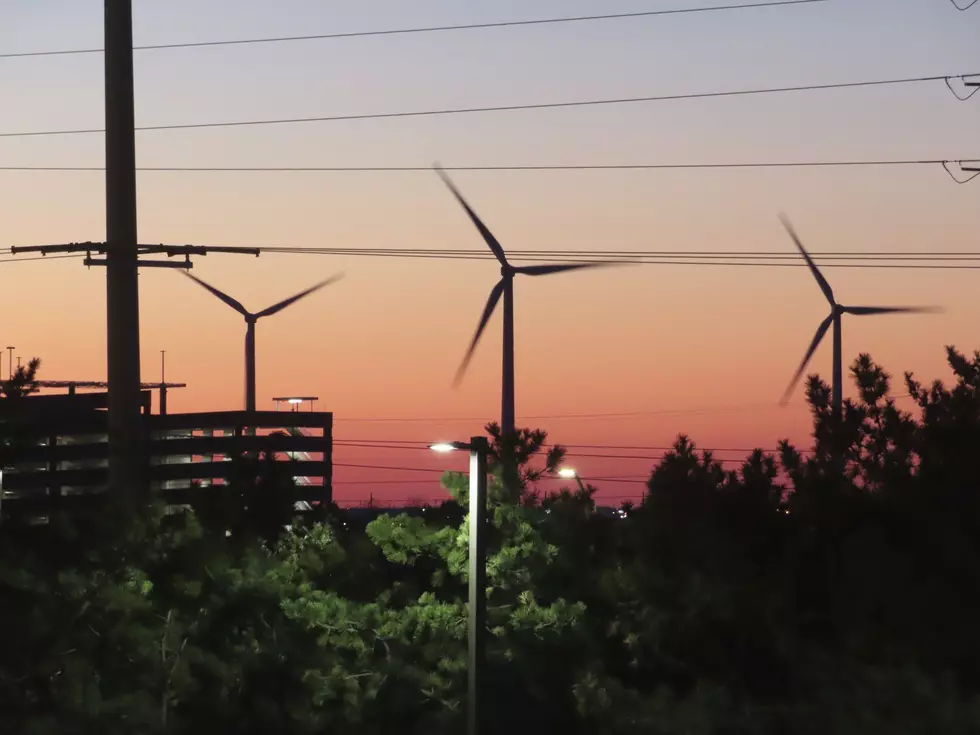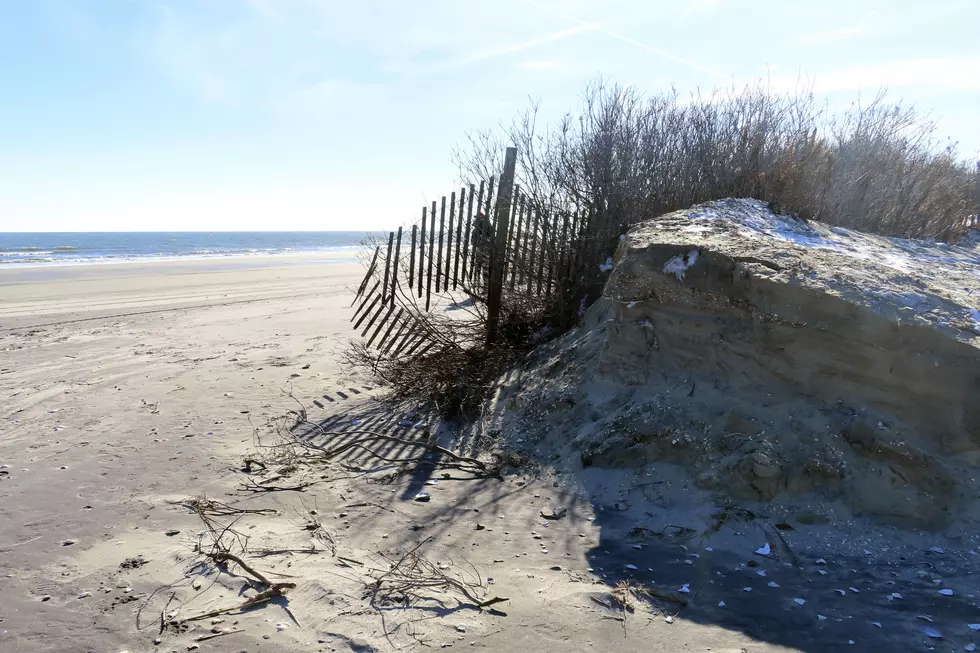
Inflation in NJ still high but slowing – what it means for you?
The Federal Reserve is expected to increase interest rates again Wednesday, which means the cost of borrowing money for home mortgages and credit cards is about to go even higher, but there is good news on the inflation front.
According to Rutgers University economist James Hughes, new data from the Bureau of Labor Statistics indicates inflation slowed a lot more sharply than expected last month and an interest rate hike of half a point by the Federal Reserve is expected, not the three quarters of a point we had been seeing for the past few months.
Hughes said inflation peaked at 9.1% back in June, the highest rate in 40 years, but new numbers show inflation in November dropped to 7.1%, a significant decline.
What's causing inflation now
He noted when we drill down deeper we see a differential between goods inflation and services inflation because most people have let go of the pandemic mindset.
Hughes explained goods inflation soared last year because consumers had federal rescue funds and were focused to a large degree on home-based projects instead of traveling, which led to supply chain disruptions.
However, he said goods inflation is now dropping, causing “goods disinflation, and product shortages are yielding to product gluts, and prices are down.”
On the flip side, he said services inflation is shooting higher.
“That’s mainly due to rising incomes, rising wage rates, increasing costs at restaurants, increasing costs of airline fares and the like," Hughes said.
Hughes pointed out services inflation is what worries the Federal Reserve.
“They think that may become embedded in the economy, whereby households falling behind in purchasing power will demand higher compensation for their jobs,” he said.
Hughes noted we continue to see labor shortages, which gives workers more bargaining power.
What happens next?
Hughes said what the Fed has signaled is “going forward next year they’re going to continue rate increases but at a much more moderate pace."
He pointed out, “they’ll be examining all of the current metrics and data each month, in order to determine whether their actions are having an impact.”
Are we still bracing for a possible recession?
Hughes said history tells us when inflation rises above 5%, the Fed tries to counter the increase by raising interest rates and there is a recession, but if that actually happens, it seems likely it will be a soft-landing very mild recession because the labor market remains so strong.
“We are labor short. Companies are not going to lay off valued employees, they may try to cut costs in other areas,” he said.
He also pointed out nationally we still have $1.75 trillion in savings above prepandemic levels, which will offer a buffer to households moving well into 2023.
David Matthau is a reporter for New Jersey 101.5. You can reach him at david.matthau@townsquaremedia.com
Click here to contact an editor about feedback or a correction for this story.
Bands That Broke Up in 2022
25 True Crime Locations: What Do They Look Like Today?
50 Most Popular Chain Restaurants in America
More From New Jersey 101.5 FM









